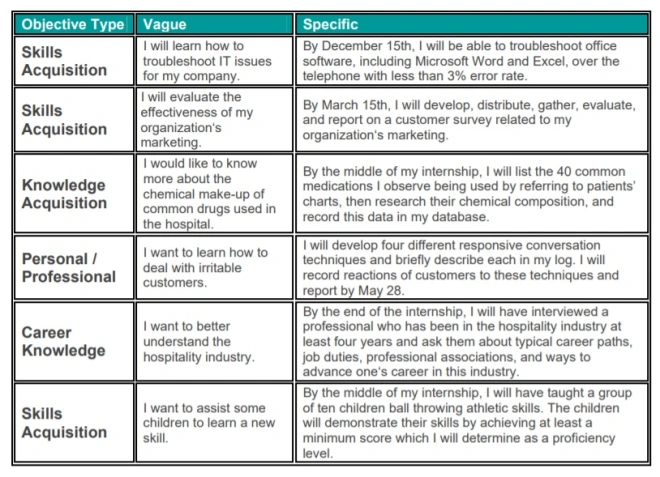One of the thousands of questions that pops out of my head. This morning in the shower I was contemplating SMART goals:
- S – specific
- M -measurable
- A – actionable
- R – that you are responsible for
- T – time bounded
There are many variations, but this is the one I like the most, referenced from CCP Gray’s video on 7 Ways to Make Yourself Miserable.
To be honest I can’t find any mention in the literature of the R value standing for “being Responsible for”. I think that is a crucial factor into making the goal motivating rather than a stick to beat down hopes and dreams.
For example; you are only responsible with the preparation for the test, not the result of the test itself. You don’t set yourself the goal of getting an A in the test, as the final result is taking out of your hands at the marking stage. The marker assigns a result, not the person taking the test.
Rather it is better to set yourself the goal of completing x number of practice questions in the week before the test, perhaps even setting a time if you are conscientious enough. Then you can succeed in preparing for a test as opposed to failing to get an A, which you could never force to happen anyway.
With this in mind, are our learning objectives actually SMART?
Learning objectives often cite “Understand a concept” as one of the middling goals. Regardless of your interpretation of the difficulty of that, neither student nor teacher is responsible for that outcome. The teacher cannot for neurological change in the student’s head, nor can the student control their own brains to force the outcome.
Would the following be better: setting actions in classroom setting to be completed. The teacher would still need to know how the activities and actions lead to Understanding, but all the student needs to do is ensure they complete the action. You can, and should, tell them how this leads to understanding, but their goal for that lesson is to follow the action script laid out by the teacher.
Tangential learning, and creativity can certainly fall out of that process, depending on the skill and confidence of the teacher.
If you want to try putting this into practice, this website provides a list of action verbs for target setting:
https://hls.harvard.edu/dept/opia/job-search-toolkit/action-verbs/?redir=1
Reproduced here in case the website goes down:
| accelerated accomplished achieved acquired activated adapted adjusted administered advised allocated analyzed annotated anticipated applied appraised arranged articulated assembled assessed assigned authored balanced briefed budgeted built catalogued categorized chaired clarified cleared coded collaborated compared compiled completed composed computed conducted consolidated |
constructed contacted continued contracted convened conveyed coordinated corresponded counseled created critiqued decided defined delegated delivered demonstrated derived designed detected determined developed devised directed distributed drafted edited educated effected elicited encouraged established evaluated examined executed exhibited expanded expedited experienced experimented |
explained explored facilitated figured financed focused forecasted formed formulated fostered founded functioned generated governed grouped guided helped identified illustrated immunized implemented improved increased informed initiated instituted instructed interpreted interviewed introduced invented investigated judged led listened maintained managed marketed mastered |
measured mediated modeled modified molded monitored motivated named negotiated observed obtained operated ordered organized originated outlined oversaw perceived performed persuaded planned planted presented presided printed produced protected provided publicized questioned raised recommended recorded recruited reduced rendered repaired reported represented |
reproduced researched resolved responded restored retained retrieved reviewed revised rewrote routed scheduled searched selected served shaped shared showed simplified solicited solved specified spoke stimulated structured studied supervised supported synthesized targeted taught tested trained translated tutored updated utilized verified wrote |
There is guidance all over the internet about writing SMART goals, but this is the best one I could find:
https://uncw.edu/career/documents/WritingSMARTLearningObjectives.pdf
With the following examples below:

Further reading:
Bastable, S.B., & Doody, J.A. (2011). Behavioral objectives. In S.B. Bastable, P. Gramet, K. Jacobs, & D.L. Sopczyk, D. (Eds.) Health professional as educator: Principles of teaching and learning (pp. 377-418). Sudbury, MA: Jones & Bartlett Learning.
Cranton, P. (2012). Planning instruction for adult learners (3rd ed.). Toronto, Ontario, Canada: Wall & Emerson, Inc.
As taken from this website:
http://www.culawschool.org/it/?p=311
With an appraisal coming up, I will make some goals for myself and post them up here.
Happy teaching!
